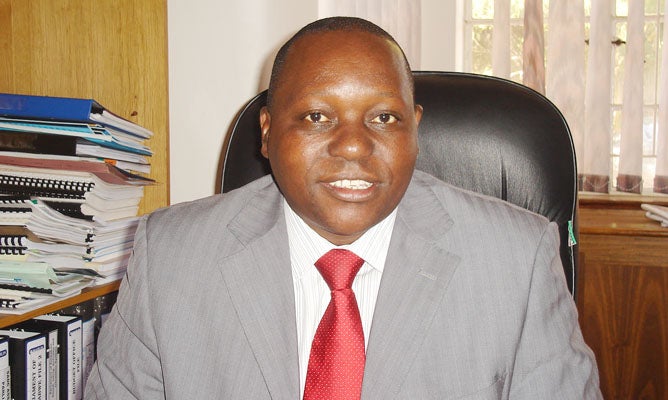Harare April 25, 2022 (New Ziana) –THE Zimbabwe Anti-Corruption
Commission (ZACC) says the courts should commit to prison all those convicted of graft without the option of fines if the war on corruption is to succeed.
In an interview with New Ziana, ZACC spokesperson, Commissioner John Makamure, said Zimbabwe had very good policies and institutional legal framework to fight corruption, but the application was problematic.
“Laws on their own are not enough,” he said. “It is important that the laws are implemented.”
Makamure said the Commission preferred that sentences and sanctions for corruption be custodial without the option of fines.
Custodial sentences deter would-be offenders, thereby aiding
the fight against corruption, which has permeated all facets of the economy.
“As ZACC, we would want custodial sentences for those who would have been convicted of corruption, without the option of fines,” he explained.
Zimbabwe is battling the scourge of corruption, which was allowed to fester to the extent of being institutionalised and systematised, during the previous dispensation.
The Vehicle Inspection Department, the Traffic Police, the Passport Office and the Zimbabwe National Road Authority have been singled out as the most corrupt state entities.
It has since been established that some public officials create
artificial bottlenecks and shortages as a way of coercing people to fork out something in return for goods or services, which ordinarily should be free.
When the Second Republic came into office in 2017, it identified
corruption as the number one enemy and committed to doing everything to eradicate it.
To achieve that, the government moved to give ZACC – for long rapped for being a toothless bulldog – powers to arrest suspects through modifying the legal instrument that dealt with peace officers.
In addition, President Emmerson Mnangagwa established a special anti-corruption unit in his office to compliment ZACC and the police and set up special courts to handle corruption cases.
Since then, the anti-graft crusade went a gear up with more high profile individuals being arraigned before the courts and being convicted.
These include former Energy Minister Samuel Undenge and former Mines permanent secretary Francis Gudyanga.
Last month Cabinet approved the principles to the Whistle-blower
Protection Bill, which seek to protect persons who would have provided information about illicit activities.
New Ziana



